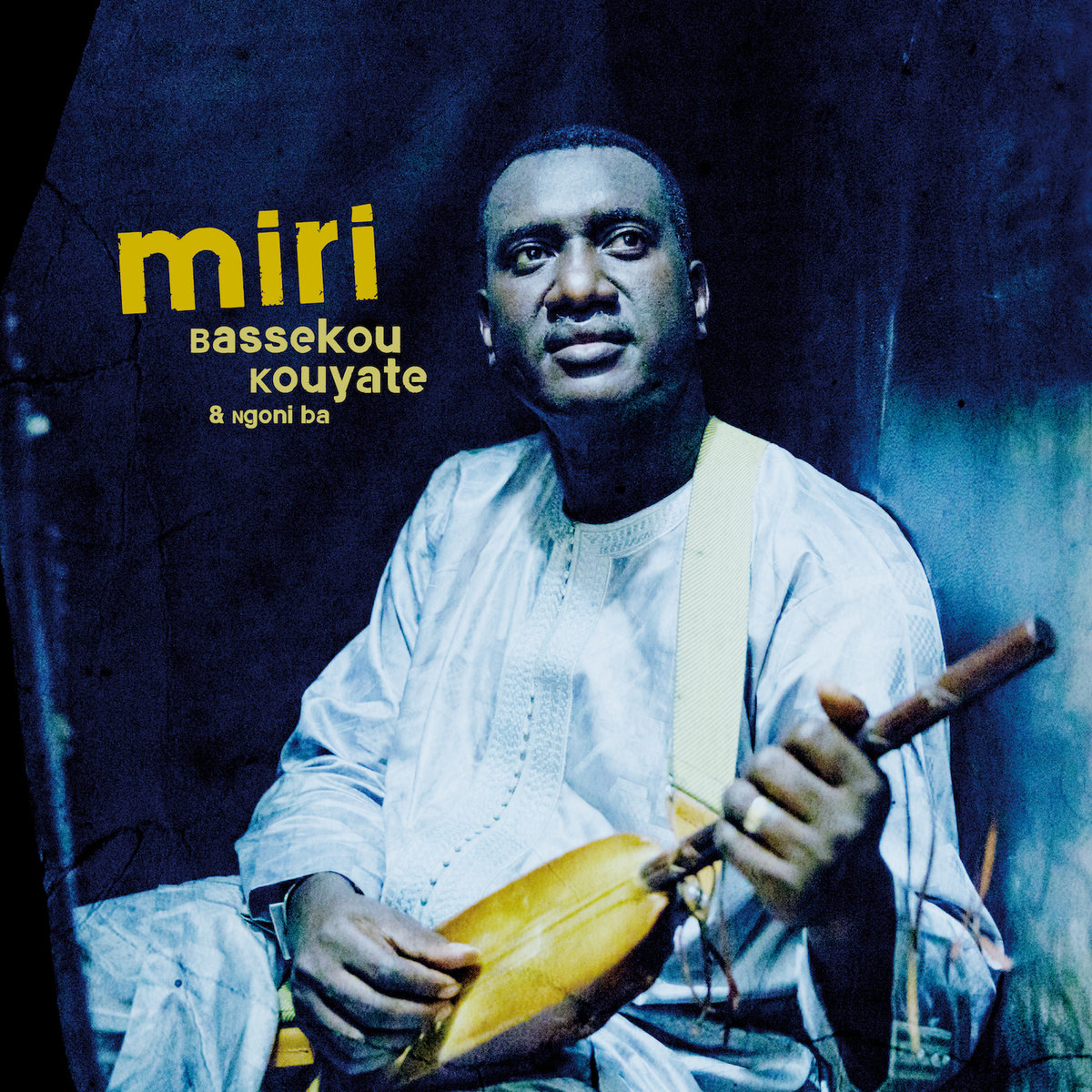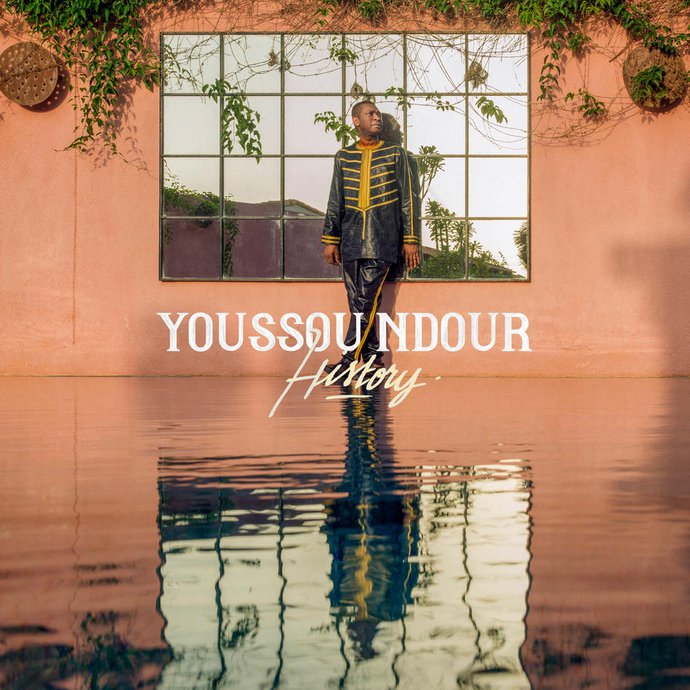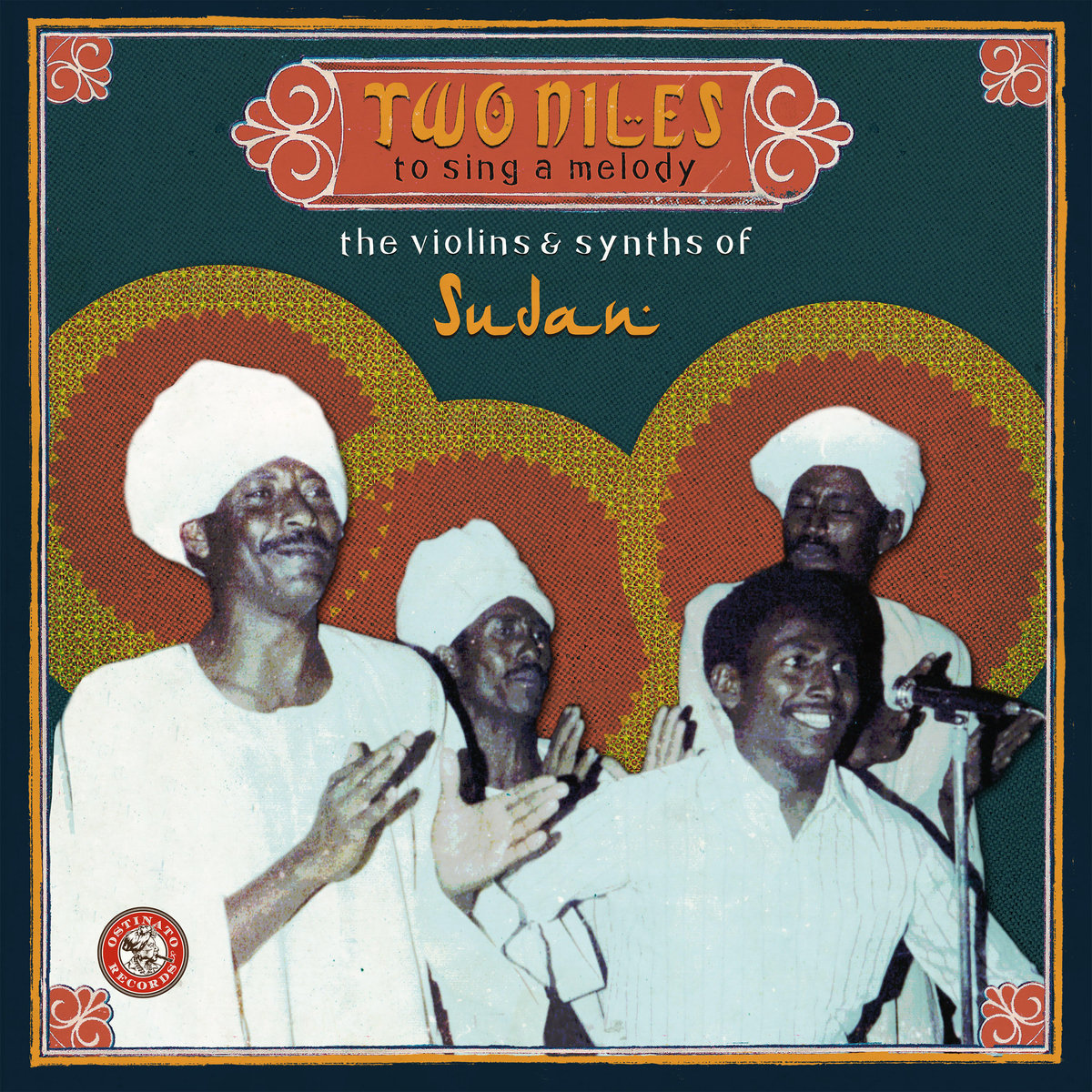The self-proclaimed "Dean of American Rock Critics," Robert Christgau was one of the pioneers of music criticism as we know it—the music editor of the Village Voice from 1974 to 1985 and its chief music critic for several decades after that. At the Voice he created both the annual Pazz & Jop Critics’ Poll and his monthly Consumer Guides. Christgau was one of the first critics to write about hip-hop and the only one to review Simon & Garfunkel's Bridge Over Troubled Water with one word: "Melodic." He taught at New York University between 1990 and 2016, and has published eight books, including his 2015 memoir Going Into the City. His most recent, Book Reports: A Music Critic on His First Love, Which Was Reading, is now available from Duke University Press. Every Friday we run Expert Witness, the weekly version of the Consumer Guide he launched in 2010. To find out more, read his welcome post; for almost five decades of critical reviews, check out his regularly updated website.

Bassekou Kouyate & Ngoni Ba: Miri (Out Here) On Jama Ko and Ba Power, the master picker and tinkerer of Mali's ngoni lute proved that he could rock out with any desert Hendrix. But with that established he feels free to leave the amplifiers in Bamako, return to his home village, and record his most purely listenable album. Miri's lyrics seek love and honor tradition as usual. But "miri" means dream, a dream that on a title track fraught with political anxiety is lovely and arresting—pensive, nostalgic, designed to allay disquiet as thoughtful music can. The warmth of his wife Amy Sacko's vocals makes such weathered guests as Habib Koite and Afel Bocoum sound like they're trying too hard. Only on the final track does she power up. It's about Bassekou's mother. A MINUS

Youssou Ndour: History (Naïve/Believe) Between 1999 and 2010, Nonesuch backed four superb N'Dour studio albums and a worthy live recap, but then his discography got hard to track: seven albums/EPs by my count, the three Senegal-mainlys markedly superior to the Euro-American crossover bids. As sheer output, this speaks well of a mbalax tycoon and sometime pol who'll turn 60 in October. But the international product isn't up to Nonesuch standards—too eager to please for such a titan. This one, on the French indie that just backed Salif Keita's first album in nine years, is shrewder. It's a ballad album—there are tama drums, sure, but none of the hectic clatter that's riled up long-legged male Senegalese dancers everywhere I've seen N'Dour except Carnegie Hall. N'Dour's voice is barely diminished, a slight burr detectable here and there. But he has the grace to share leads on four of 10 tracks: two sampled from long-gone, rough-voiced Afro-crossover pioneer Babatunde Olatungi, another by Swedish-Nigerian youngblood Mohombi, and best in show Swedish-Gambian Seinabo Sey's transformation of N'Dour's historical "Birima" into a contemporary pride song of her own. Nor is that the only N'Dour standard reimagined here. The man has world tour to crush. He's got his head up and he's not screwing around. A MINUS

Two Niles: To Sing a Melody: The Violins and Synths of Sudan (Ostinato) Not for everybody—in fact, not for me at first. Cheesy synths, honeyed strings, vocals that wailed or ululated more than shouted or crooned—it was all too much. But gradually I came to hear what the extensive notes on this handsomely packaged, moderately priced double-CD gave me a grip on: a fleeting '70s golden era that uplifted a Khartoum postcolonial elite under the thumb of Nasserite music lover Gafaar Muhammad Nimeiry. This was relatively genteel stuff, its steady rhythms devoid of Ali Hassan Kuban Nubian drive. But Zaidan Ibrahim's "Ma Hammak Azabna" is pretty bouncy, Hanan Bulu Bulu's "Alamy Wa Shagiya" pretty girl-group, and people's hero Mohammed Wardi the soul of compassionate yearning and resolve. Problem was, Nimeiry was a politician first like all strongmen, the arty ones included, and as Islamism took root in northern Africa he turned due right. His Sharia-based September Laws of 1983 banned songs about women in a nation where incinerating heaps of cassettes became street entertainment, and in 1989 a military coup sent even Wardi into exile, where a year later he found himself offering a few hours of pleasure to 250,000 asylum-seeking refugees in Ethiopia. B PLUS
from VICE http://bit.ly/2YK4Jsr
via cheap web hosting
O povo, se o pênis não vale a pena, eu acho, que você seja a hora de tentar este site https://homemfarmacia.pt/ , onde eu sempre consigo resolver os problemas deste tipo, com certeza, você também, tudo acontece, exatamente assim, como eu tenho
ReplyDelete